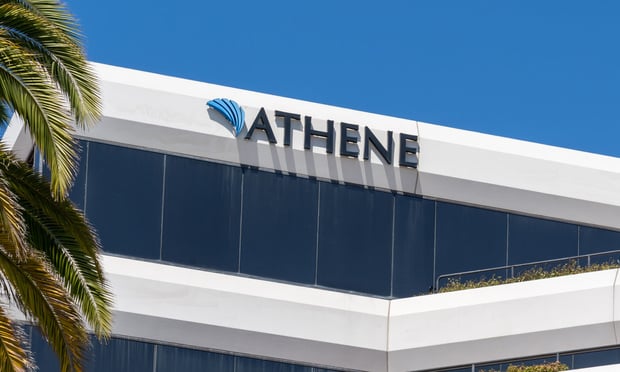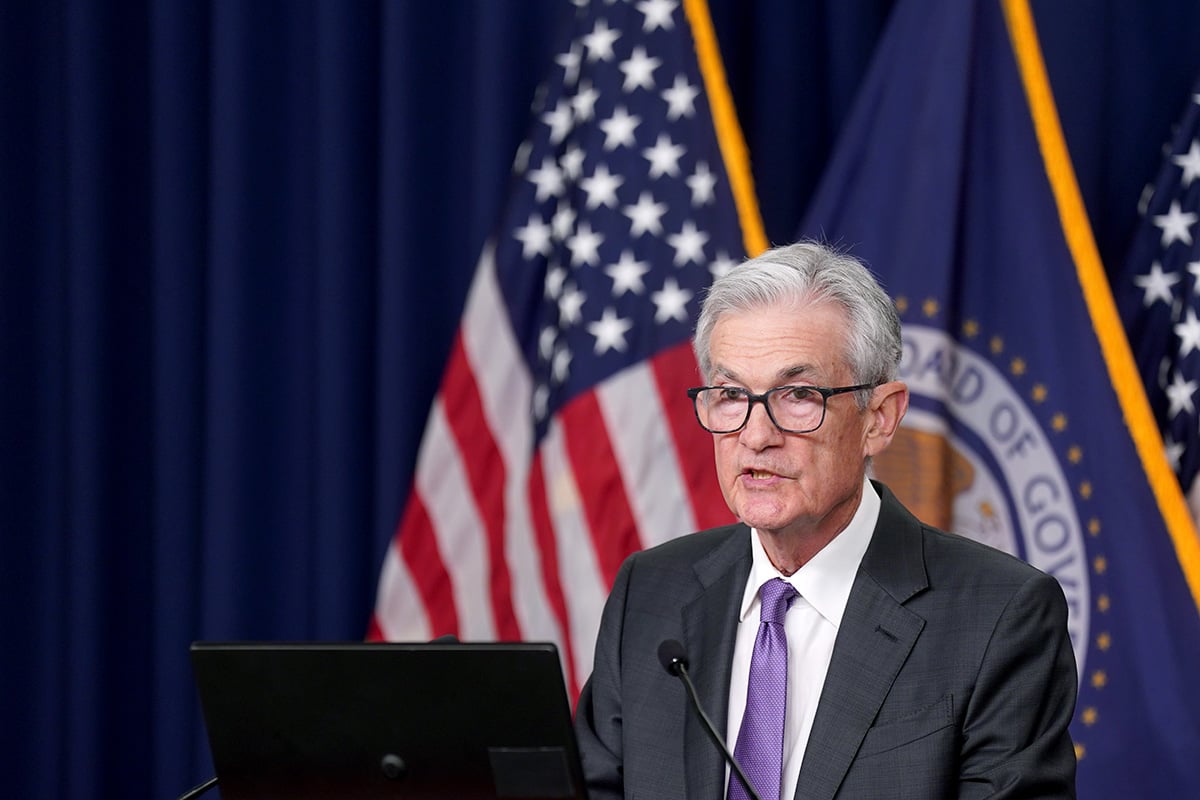Russia's prospects for a higher debt grade after entering the World Trade Organization may not materialize because of the country's investment climate and institutional weaknesses, rating companies said.
Standard & Poor's, whose BBB rating has a stable outlook, doesn't anticipate “any immediate impact from WTO accession,” said Kai Stukenbrock, director of sovereign ratings in Europe, the Middle East and Africa. Russia must tackle “institutional weaknesses” such as the rule of law and corruption to reap the full benefits from WTO entry, according to Dietmar Hornung, a senior credit analyst at Moody's Investors Service
Prime Minister Vladimir Putin, who plans to return to the Kremlin next May, has yet to take significant measures to diversify the economy by improving the rule of law and reducing the role of state monopolies, Moody's and S&P said. None of the three main rating agencies have upgraded Russia's debt score since the 2008-2009 global financial crisis.
“The agencies kept Russia on hold due to uncertainty regarding the pre-election fiscal policy and high concentration of GDP in the oil sector,” Barbara Nestor, an emerging-markets strategist at Commerzbank AG in London, said in an e-mail on Nov. 18. “WTO entry is very likely to be a relevant credit- positive factor. It's a structural benchmark.”
The world's biggest energy exporter is set to receive the final approval to join the WTO next month after 18 years of negotiations. Fitch Ratings, which has a positive outlook on Russia's BBB rating, says an upgrade may happen within two years, providing there isn't a large drop in the price of oil.
Joining the Geneva-based body that sets global trade rules should drive bigger investment inflows, trade and higher competition in Russia, Fitch analyst Charles Seville said.
The government is counting on an upgrade in its credit rating as membership in the trade arbiter improves market access and lures foreign investment to reduce its reliance on energy exports, Deputy Finance Minister Sergei Storchak said in a Nov. 15 phone interview.
“Russia's entry into the WTO should be an additional argument for the rating agencies to consider upgrading our credit rating,” Storchak said. “It should be a signal for them that our country is moving to develop its economic potential, diversify the economy and increase its investment attractiveness.”
Putin on July 11 said Russia's debt grade is an “outrage” that lifts corporate borrowing costs and increases risks. The nation's rating was last raised by New York-based Moody's in 2008 to Baa1, the third-lowest investment grade, one level above Brazil and four below China. S&P on Aug. 31 affirmed Russia's BBB rating, the second-lowest investment-grade rate, on par with Bulgaria, Bahrain and Peru.
Brazil's credit rating was raised one level to BBB on Nov. 17 at S&P, matching a move by Moody's earlier this year. China was upgraded to AA- at S&P in December.
The extra yield investors demand to hold Russian debt rather than U.S. Treasuries rose one basis point to 330, according to JPMorgan EMBIG indexes. The difference compares with 226 for debt of Mexico and 234 for Brazil.
Russia is “clearly underrated” because its state debt as a percentage of gross domestic product is below most developed and emerging economies, the Finance Ministry said in August. Its debt-to-GDP of 9.3 percent compares with 42.7 percent for similarly rated Mexico, according to the ministry.
The cost of protecting Russian debt against non-payment for five years using credit-default swaps rose one basis point to 250 basis points on Nov. 18, up from 187 on Oct. 27, according to data provider CMA, which is owned by CME Group Inc. and compiles prices quoted by dealers in the privately negotiated market.
The contracts pay the buyer face value in exchange for the underlying securities or the cash equivalent should a government or company fail to adhere to its debt agreements. or company fail to adhere to its debt agreements.
“With strong budget execution this year,” for example “a full-year budget that is careful with the oil windfall despite the elections, and the prospect of lower reliance on the oil sector in the future, the chances of Russia's upgrade would improve,” according to Nestor at Commerzbank.
The next parliamentary election is scheduled for December, three months before a presidential vote. Putin, who plans to swap jobs with his successor, President Dmitry Medvedev next year, made WTO membership a priority during his first presidential term in 2000.
Energy sales account for 17 percent of Russia's GDP and as much as 40 percent of government revenue, compared with the share of less than 10 percent for commodities in Brazilian GDP, government data show.
S&P hasn't raised Russia's ranking since September 2006, when it awarded it a BBB+ rating, its third-lowest investment- grade rate. The company downgraded Russia one level to BBB on December 2008.
“WTO is a positive piece of news but we don't see much improvement in general in terms of economic diversification,” Hornung at Moody's said. “The risks are balanced, as indicated by the stable outlook.”
Capital flight in Russia, ranked the world's most corrupt major economy in Transparency International's 2010 Corruption Perceptions Index, may reach $70 billion this year, compared with a previous forecast for $36 billion of outflows, the central bank estimates.
Russian economic growth, predicted to reach 4.1 percent this year by the Economy Ministry, will slow to 3.5 percent in 2012, according to Moody's. The government forecasts 3.7 percent expansion next year.
“Barring a big oil price fall, it's unlikely the rating will move down and it may move up if they get through the next year without a mishap,” Seville said in e-mailed comments. “The WTO membership would be reflected in the rating in as much as it drives bigger investment inflows, greater trade and stimulates more efficiency, productivity gains and so on.”
Russia's membership in the WTO will lower tariffs, improve international access to Russia's services markets and attach the Russian government to a system of rules, according to the U.S. government.
With oil and gas, which account for more than half of Russian shipments overseas and are not subject to import restrictions in other countries, metals and chemical producers will gain as levies to sell their products abroad decline, the World Bank said in a report last year.
Russian consumers also stand to benefit as import barriers are reduced, a step that will spur the flow of goods into the country, weakening the ruble and further helping exporters, the World Bank said.
Improved market access and gains for exporters may bolster Putin's plan to achieve faster growth of 6 percent to 7 percent annually. Joining the WTO may boost Russia's $1.5 trillion economy by more than 3 percent in the medium term, according to the World Bank. GDP expanded 4 percent in 2010 after a record 7.8 percent contraction the previous year.
“WTO entry — and the move to a more rules-based system of economic governance — is definitely a positive for the credit, and strengthens the case for an upgrade, particularly given that WTO entry has been uncertain, and so not 'in the price,'” Jacob Nell, a Moscow-based economist for Morgan Stanley, said by e- mail yesterday.
Bloomberg
Complete your profile to continue reading and get FREE access to Treasury & Risk, part of your ALM digital membership.
Your access to unlimited Treasury & Risk content isn’t changing.
Once you are an ALM digital member, you’ll receive:
- Thought leadership on regulatory changes, economic trends, corporate success stories, and tactical solutions for treasurers, CFOs, risk managers, controllers, and other finance professionals
- Informative weekly newsletter featuring news, analysis, real-world case studies, and other critical content
- Educational webcasts, white papers, and ebooks from industry thought leaders
- Critical coverage of the employee benefits and financial advisory markets on our other ALM sites, PropertyCasualty360 and ThinkAdvisor
Already have an account? Sign In Now
*May exclude premium content© 2024 ALM Global, LLC, All Rights Reserved. Request academic re-use from www.copyright.com. All other uses, submit a request to [email protected]. For more information visit Asset & Logo Licensing.





